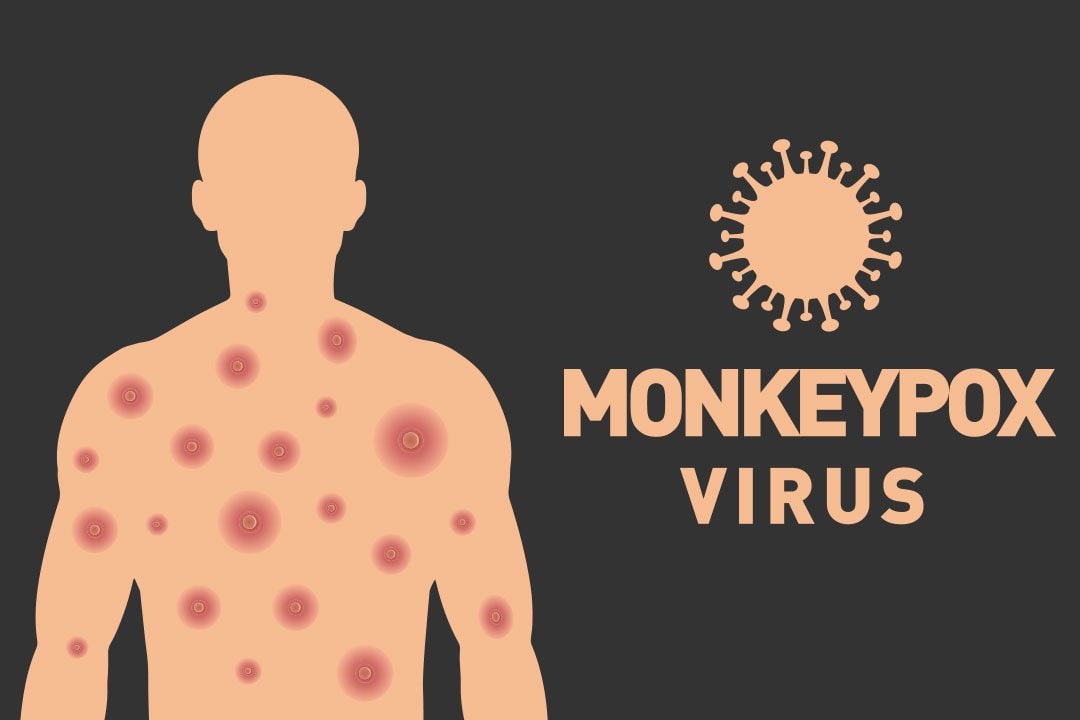Monkeypox Q&A
 Infectious Disease specialist, Dr. Lucio Minces, answers common questions related to this rare disease.
Infectious Disease specialist, Dr. Lucio Minces, answers common questions related to this rare disease.
Q. What is Monkeypox?
A. Monkeypox is a rare, contagious disease caused by infection with the monkeypox virus. It belongs to the same group of viruses that cause smallpox (variola). Monkeypox is not related to chickenpox.
Q. Why is it called monkeypox?
A. Monkeypox got its name because it was first discovered in laboratory monkeys in Europe (Denmark) in 1958. The World Health Organization (WHO) recently announced that it is working with partners and experts from around the world on changing the name of the monkeypox virus, after scientists called the current name, “discriminatory and stigmatizing.”
Q. Why is there concern if monkeypox is rare?
A. Although the WHO has said the risk of monkeypox is moderate, the virus is concerning to health officials because cases have been reported in 74 countries this year, many in places that have never reported Monkeypox infections before. Monkeypox is known to spread through human contact with animals, but the virus has spread further this year through human-to-human transmission than previously reported.
Q. Have there been cases in the U.S. before?
A. Monkeypox is rare and does not occur naturally in the U.S. Cases have happened in the past, including an outbreak of 47 probable cases in 2003. As of late July 2022, more than 3,500 monkeypox cases have now been confirmed in the U.S.
Q. Have we seen any cases in MN?
A. As of September 1, 2022, there have been 128 confirmed cases of monkeypox reported in Minnesota, most of which are in the 7-county Twin Cities metro area.
Q. What are the symptoms of monkeypox?
A. Symptoms can include fever, headache, swollen lymph nodes in the neck, muscle aches and back pain. A rash that looks like a blister, pus-filled bump, or open sore can appear on the face, inside the mouth, or on other parts of the body such as hands, feet, chest, genitals, or anus. Not everyone develops all symptoms. Monkeypox can be mistaken for chickenpox, herpes or shingles as well.
It's important to remember that monkeypox is rare. Few people in the U.S. have developed this disease. Still, if you have a rash or bump on your skin, and you don't know what caused it, contact your doctor with your symptoms and your doctor can determine what you should do.
Q. How do you get monkeypox?
A. Monkeypox is a completely different virus than those viruses that cause COVID-19 or measles. It does not linger in the air and is not transmitted during short periods of shared airspace.
Monkeypox spreads mainly through direct contact with the rash, sores, scabs, or body fluids of an infected person or animal, or with direct contact of items that have touched body fluids or sores, such as clothing or linens. Once all lesions scab over or fall off people are no longer contagious. Monkeypox usually takes about two to four weeks to run its course.
Q. How can you prevent monkeypox?
A. Avoid close contact with people who have a rash that looks like monkeypox. Avoid handling items such as clothes and linens that have been in contact with an infected person or animal. Wash your hands often with soap and water or use an alcohol-based hand sanitizer.
A Monkeypox vaccine is available with a limited supply in Minnesota. Please contact your primary care physician for questions and eligibility requirements for this vaccine.